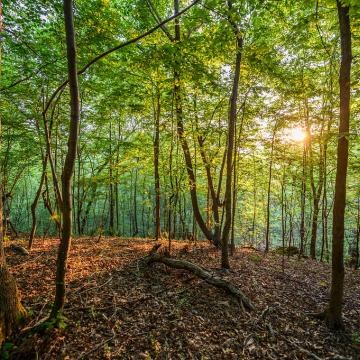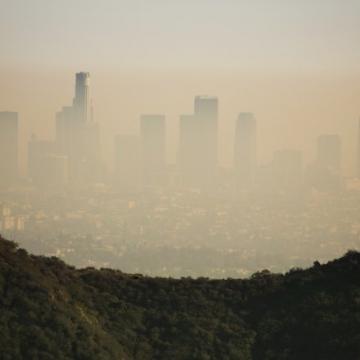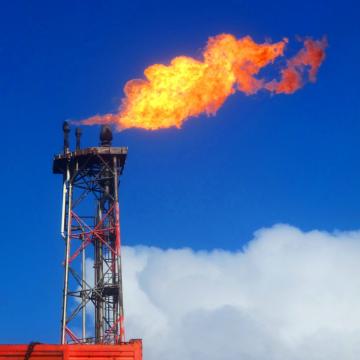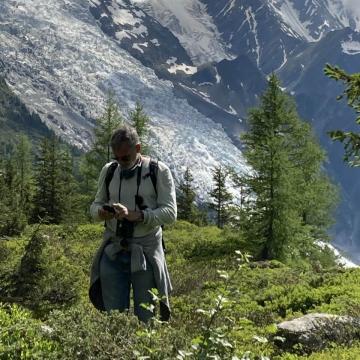-
NewsA Duke Forest tour featured research from the SEEDS Lab.
-
NewsModeling experiments show Pacific warm and cold patches persisted even when continents were in different places
-
NewsReforestation in low- and middle-income countries can remove up to 10 times more carbon dioxide from the atmosphere at lower cost than previously estimated, making it a potentially more effective option to fight climate change.
-
NewsExchangeable manganese cuts carbon storage in boreal forests
-
NewsThe sustainability of North American forests depends on trees’ ability to produce seeds and seedlings that can survive and grow in a changing climate. A new Duke University-led research initiative with more than $2 million in funding from the National Science Foundation aims to help boost their odds of success.
-
NewsSlashing emissions of carbon dioxide by itself isn’t enough to prevent catastrophic global warming, a new study shows. But if we simultaneously also reduce emissions of methane and other often overlooked climate pollutants, we could cut the rate of global warming in half by 2050 and give the world a fighting chance.
-
NewsA forest’s ability to regenerate after devastating wildfires, droughts or other disturbances depends largely on seed production. Findings from two new studies led by Duke University researchers could boost recovery and replanting after these disasters by providing foresters with new guidance on which tree species produce more seeds and how their productivity can vary from location to location.
-
NewsUsing satellite images, scientists have detected hundreds of very large and previously unreported methane releases at oil and natural gas production sites across the globe.
-
NewsScientists, led by alumna Jacqueline Gerson PhD'21 and faculty member Emily Bernhardt, recorded the highest levels of atmospheric mercury pollution in the world in a pristine patch of the Peruvian Amazon
-
NewsMany North American tree species have begun to slowly migrate northward in response to global warming, but western and eastern forests are responding differently. A new Duke-led study reveals why.
-
NewsAs trees age and grow, it seems logical to assume their seed production will continue to grow, too, but a Duke-led study of 597 species worldwide nips that assumption in the bud.
-
NewsA new GPS-enabled study led by Duke University scientists provides the first landscape-scale documentation of elephant movements across and between seven national parks in Gabon and helps answer not only the questions of where and when the animals move, but also why.
-
NewsNew research reveals western North American forests may be less able than eastern forests to regenerate following large-scale diebacks linked to climate change. Over time, this could dramatically alter the continent’s landscape.
-
NewsThe stringent lockdown imposed by the Chinese government to slow the spread of COVID-19 early this year significantly eased the strain on hospitals there. Admissions due to non-COVID respiratory illnesses decreased by nearly 5,000, a new study by an international team of scientists shows.
-
NewsDuke University researchers have developed a new online calculator that teachers, administrators and students can use to estimate the risk of airborne transmission of the COVID-19 virus in classrooms.














